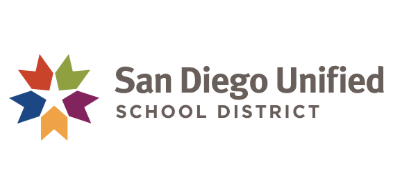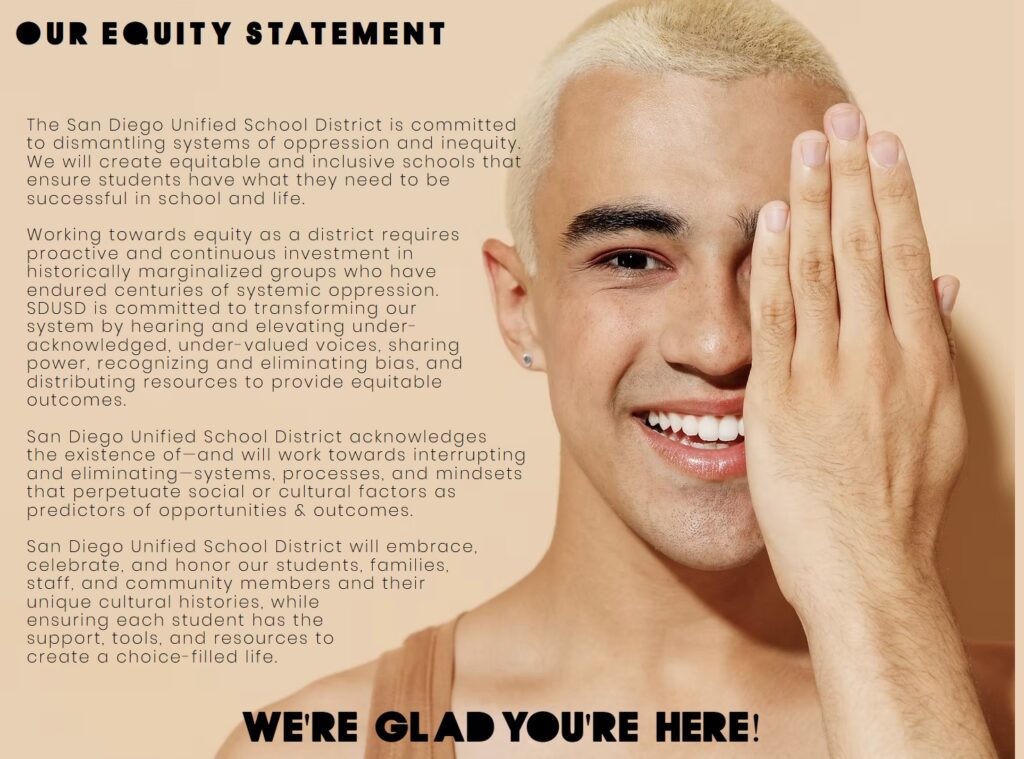
San Diego Unified School District has new restorative justice policy that prioritizes social contracts, culturally responsive practices, and equity
Incidents
The San Diego Unified School District has a new “Restorative Discipline Policy” dated as updated June 2025 that will be in effect for the 2025-2026 school year. The policy details how the district will be implementing restorative justice moving forward. Restorative justice (also referred to as restorative practices) is a philosophy for student discipline where reconciliation between the offender and the victim is the ultimate goal and replaces exclusionary discipline. Examples of “restorative practices” provided in the policy are “Affective Statements & Questions,” “Community-building Circles,” “Restorative Conferences,” “Restorative Dialogue,” and “Peer Mediation.”
This document links to several resources for teachers. One resource shows teachers how to create “social contracts” with students. The resource describes a “social contract” as “an agreement, developed collaboratively by students and the teacher, outlining the expectations for behavior and interactions within the learning environment.”
Another resource is titled “Culturally Responsive Practices.” The phrase “culturally responsive” is often used to describe a method of teaching that prioritizes student identities, such as race and sexual orientation. One listed resource not available for public view is an “identity chart” for students to complete.
The district’s policy notably promotes clubs based on identity to students, such as “Gender & Sexuality Alliances (GSAs),” “Black Student Unions,” and “Black Ingenious Initiative (BiGI).” The school district additionally has an equity website that the policy links to as a resource. The district’s equity website states that the goal is to eliminate “systemic oppression” and that the district “acknowledges the existence of—and will work towards interrupting and eliminating—systems, processes, and mindsets that perpetuate social or cultural factors as predictors of opportunities & outcomes.”
The policy also provides a link to the district’s ethnic studies website. California now mandates students to complete courses in ethnic studies in order to graduate.


Stay Informed
